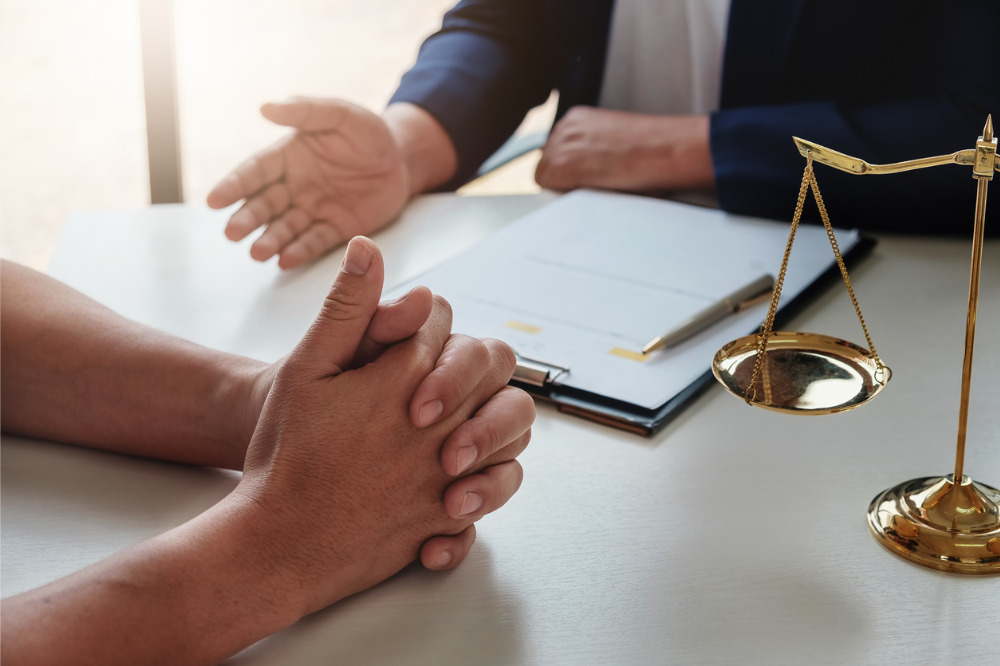A federal appeals court has overturned the convictions of two California men sentenced to federal prison in 2018 for allegedly participating in an $11.3 million mortgage scam.
In 2018, Maher Obagi and Mohamed Salah were sentenced to 78 months and 57 months, respectively, in federal prison, and each was ordered to pay millions of dollars in restitution. Now the Ninth Circuit Court of Appeals has tossed their convictions, citing prosecutors’ failure to let the jury know one of its chief witnesses had major credibility problems.
Prosecutors claimed that Obagi and Salah, as employees of mortgage broker Excel Investments, participated in a scheme that involved finding condo developments in which the builders were struggling to sell units, then arranged with the builders to purchase multiple units at a discount through straw buyers. They and their alleged co-conspirators were also accused of preparing phony loan applications for the straw buyers and concealing kickbacks.
Several other defendants were charged and convicted in connection with the scheme, which resulted in $10 million in losses for mortgage lenders and at least $1.3 million in losses for Fannie Mae and Freddie Mac. However, the cases against Obagi and Salah depended heavily upon the testimony of a particular witness – a witness the prosecution knew was unreliable, according to the Ninth Circuit Court.
During the trial, the government called several cooperating witnesses “with significant credibility problems,” Circuit Court Judge John B. Owens wrote in the appeals court’s ruling. Among those witnesses was escrow officer Jacqueline Burchell, who testified that Obagi had directed her to conceal kickback payments and had overheard conversations about kickbacks between Obagi and Salah.
“But Burchell pled guilty in this investigation, participated in a separate mortgage fraud scheme, and perjured herself in a civil deposition,” Owens wrote. “So to bolster her credibility – as well as that of other cooperating witnesses – the government also presented three Excel witnesses who purportedly never had cut a deal to avoid prosecution.”
One of those witnesses was Halime “Holly” Saad, another Escrow officer. Saad’s testimony was key to the government’s case, with the prosecution later describing it as going “right to the heart of what was happening at Excel during all the events set forth in the indictment.” And during the closing arguments, the government – in order to blunt the defense’s attack on potentially unreliable witnesses like Burchell – heavily emphasized Saad’s testimony, stressing that she had entered into no agreement or deal with the government in exchange for her testimony.
“Unfortunately, one of the prosecution’s key tenets during closing – that the jurors could trust the culpable cooperators because they could trust Saad as an independent corroborating witness – was false,” Owens wrote. “During a break between Obagi’s and Salah’s defense closings, a different prosecutor from the U.S. Attorney’s Office who just happened to watch the closing arguments recognized that Saad had in fact received immunity in a separate mortgage fraud investigation and alerted the trial prosecutors to the enormous oversight.”
In short, the government’s supposedly reliable witness had been implicated in an entirely different mortgage scam. That revelation – in the middle of closing arguments – “placed the defense counsel and the trial judge in an impossible position,” Owens wrote. The judge allowed the closing arguments to proceed, while instructing the jury that Saad had previously received immunity “and thereafter, she may have knowingly made false statements to the FBI.”
However, the damage was done. Obagi and Salah were both convicted. Although Owens said that the trial judge made “a noble effort” to protect the defendants’ rights without resorting to a mistrial, “it was too late – the genie was out of the bottle.”
“Not only had the government’s closing argument theme been cast – the jury could trust Burchell and the other cooperators because Saad was an ‘independent witness’ who reliably corroborated Burchell – but Obagi’s own counsel had completed closing argument without the benefit of being able to attack Saad’s credibility. Asking defense counsel to reframe his theory of the case – both in terms of examining witnesses and arguing to the jury – after he had spoken to the jury for the last time was simply too much.”
The appeals court found that there was “a reasonable likelihood” that the evidence impeaching Saad’s credibility could have affected the jury’s original decision. The convictions of Obagi and Salah were reversed and the case remanded to district court for further proceedings.

